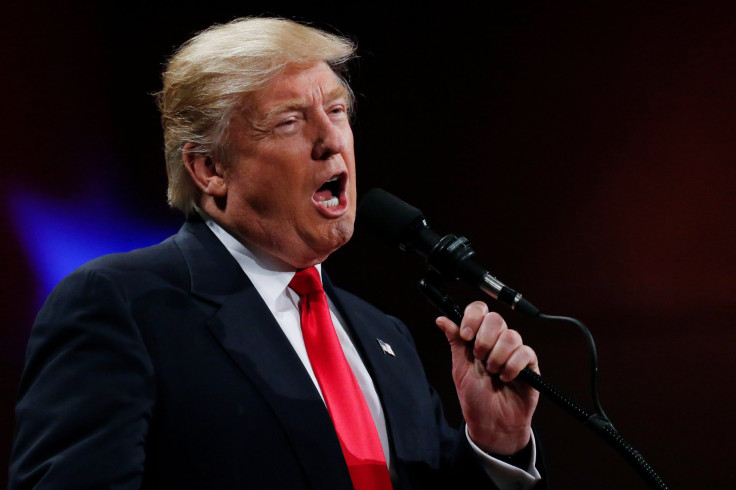Popular Vote 2016 Latest Results: Will Russia Hacks, Hillary Clinton’s 2.8 Million Lead Hurt Donald Trump?

Less than a month away from taking the Oath of Office, President-elect Donald Trump is facing a two-front war on his legitimacy to power. The Republican upstart, who defeated Democrat Hillary Clinton in the Electoral College 306-232, has seen his former opponent’s lead in the popular vote swell and swell ever since Election Day on Nov. 8, and is now mired in controversy over whether Russia’s government hacked the election to insure a Trump victory.
The latest popular vote totals Monday, as reported by nonpartisan election analysis group The Cook Report, show Clinton garnering 65,746,544 votes compared to Trump’s 62,904,682, a difference of more than 2.8 million votes. In percentages, Clinton’s locked down a plurality of 48.2 percent of the vote and Trump 46.2 percent.
Clinton, who was angling to be the first women ever elected to the White House, has gradually seen her popular vote advantage climb each day since the election and her loss has not only drummed up traditional cries to do away with the Constitutionally-mandated Electoral College but even stirred up three lawsuits by state electors who are refusing to file their vote for Trump. Last week on Thursday, Clinton had 65,527,625 votes to Trump’s 62,851,436 votes, a difference of over 2.6 million.
Trump has taken to Twitter to denounce talk over Clinton’s popular vote lead, and claimed in November he would’ve won the popular vote had it not been for “millions of people who voted illegally,” an accusation he’s yet to offer proof of.
In addition to winning the Electoral College in a landslide, I won the popular vote if you deduct the millions of people who voted illegally
— Donald J. Trump (@realDonaldTrump) November 27, 2016
It would have been much easier for me to win the so-called popular vote than the Electoral College in that I would only campaign in 3 or 4--
— Donald J. Trump (@realDonaldTrump) November 27, 2016
states instead of the 15 states that I visited. I would have won even more easily and convincingly (but smaller states are forgotten)!
— Donald J. Trump (@realDonaldTrump) November 27, 2016
Amid electors’ likely longshot attempts to deny him the White House, Trump is also dealing with reports from U.S. intelligence agencies that say Russia intentionally hacked both the Republican National Committee and the Democratic National Committee to “harm” Clinton’s campaign, The New York Times reported Friday.
© Copyright IBTimes 2024. All rights reserved.




















